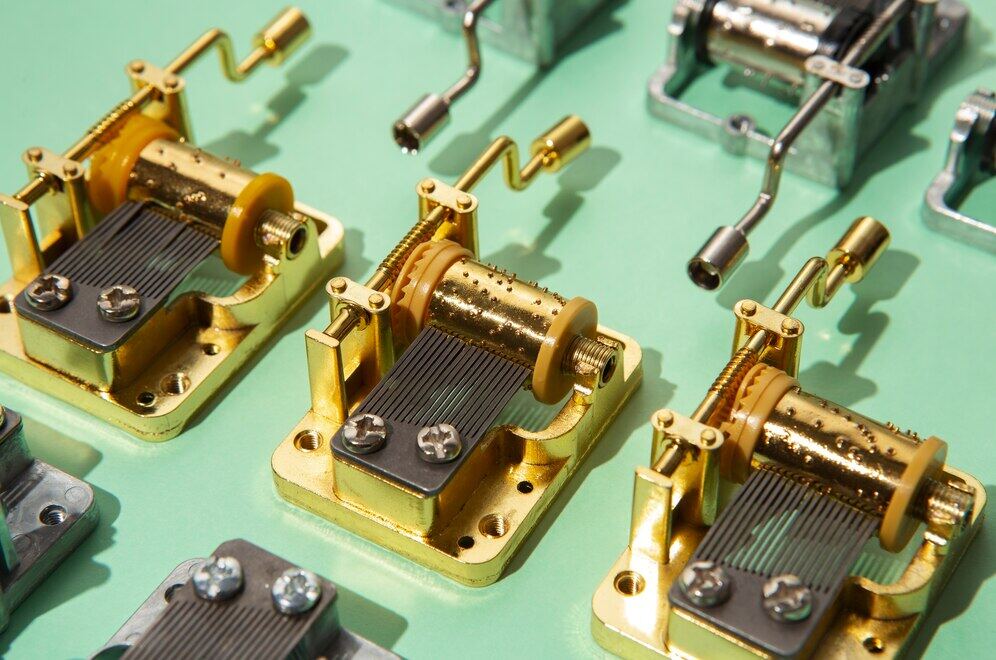Meili vormingu viga
emailCannotEmpty
emailDoesExist
pwdLetterLimtTip
inconsistentPwd
pwdLetterLimtTip
inconsistentPwd


The Essential Role of Electrical Parts in Modern Technology
In an age where technology drives innovation and daily life, the importance of electrical parts cannot be overstated. From the simplest gadgets to complex machinery, every electronic device relies on these components to function. Imagine a world without smartphones, computers, or even household appliances—our lives would be drastically different. Understanding the role of electrical parts not only enhances our appreciation of technology but also informs smarter purchasing and design decisions.
What Are Electrical Parts?
Electrical parts refer to the various components that make up electrical circuits and systems. These parts are crucial in controlling, directing, and modifying electrical energy to perform specific functions. Common examples include resistors, capacitors, diodes, transistors, and integrated circuits. Each part serves a unique purpose, contributing to the overall functionality and efficiency of electrical devices.
Key Types of Electrical Parts
-
Resistors
- Resistors limit the flow of electrical current in a circuit. They are essential for controlling voltage levels and protecting sensitive components from damage.
-
Capacitors
- Capacitors store electrical energy temporarily and release it when needed. They play a critical role in smoothing out voltage fluctuations and providing energy bursts.
-
Diodes
- Diodes allow current to flow in one direction only, making them vital for converting alternating current (AC) to direct current (DC). They also protect circuits from reverse polarity.
-
Transistors
- Serving as switches or amplifiers, transistors are fundamental in modern electronics. They enable signal modulation and control the flow of current.
-
Integrated Circuits
- Integrated circuits (ICs) combine multiple electrical parts into a single chip. This compact design enhances functionality while saving space in devices.
The Importance of Quality Electrical Parts
The performance and longevity of electronic devices depend significantly on the quality of their electrical parts. High-quality components can enhance reliability, reduce energy consumption, and minimize the risk of failure. Conversely, subpar parts may lead to malfunction, increased repair costs, and even safety hazards.
-
Reliability
- Quality components reduce the likelihood of breakdowns, ensuring that devices operate smoothly over time. This reliability is particularly crucial in critical applications, such as medical equipment and automotive systems.
-
Efficiency
- Efficient electrical parts help minimize energy waste. By optimizing energy consumption, manufacturers can create products that are not only effective but also environmentally friendly.
-
Safety
- Using high-quality components is essential for safety. Faulty parts can cause overheating, short circuits, or even fires. Investing in reliable parts mitigates these risks.
How to Choose Electrical Parts
When selecting electrical parts for a project, consider the following factors:
-
Specifications
- Understand the electrical requirements of your project. Ensure that the parts can handle the necessary voltage, current, and power levels.
-
Compatibility
- Verify that the components are compatible with one another and with the overall design of your device. This compatibility is crucial for achieving optimal performance.
-
Manufacturer Reputation
- Choose parts from reputable manufacturers known for their quality and reliability. Research reviews and certifications to make informed decisions.
-
Cost vs. Quality
- While it may be tempting to opt for cheaper alternatives, compromising on quality can lead to long-term costs. Balance budget considerations with the need for reliable components.
Future Trends in Electrical Parts
As technology continues to evolve, several trends are shaping the future of electrical parts:
-
Miniaturization
- The demand for smaller and more efficient devices is driving the miniaturization of electrical parts. This trend enables manufacturers to create compact products without sacrificing performance.
-
Smart Technology
- The rise of the Internet of Things (IoT) is increasing the need for smart electrical components. These parts enable devices to communicate and interact, paving the way for more integrated solutions.
-
Sustainability
- There is a growing emphasis on eco-friendly materials and manufacturing processes. Sustainable electrical parts can help reduce the environmental impact of electronic devices.
-
Enhanced Performance
- Continuous research and development are leading to improvements in the performance of electrical components. Innovations such as higher energy efficiency and improved heat dissipation are becoming more common.
Conclusion
The role of electrical parts in our technology-driven world is both fundamental and profound. By understanding their functions and choosing quality components, we can enhance the reliability, efficiency, and safety of our devices. As we move toward a more connected and sustainable future, the importance of investing in high-quality electrical parts will only grow. Whether you're a hobbyist, engineer, or consumer, recognizing the value of these components is essential for navigating the landscape of modern technology. Embrace the potential of electrical parts to unlock new possibilities in your projects and daily life.

